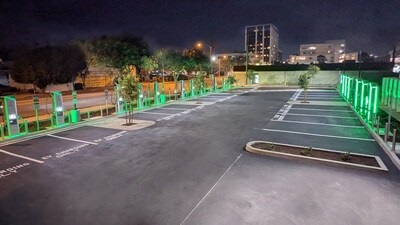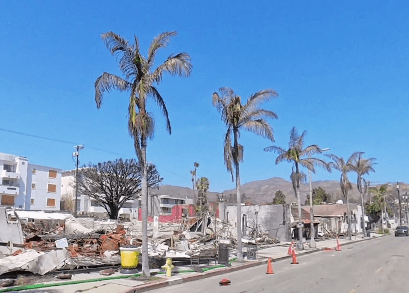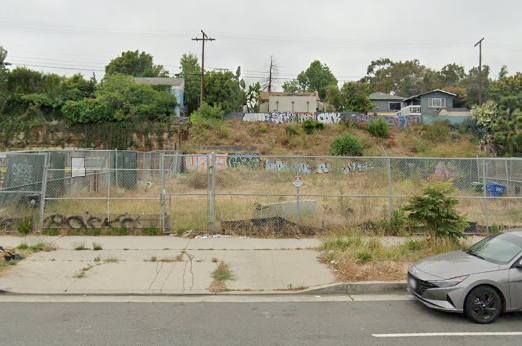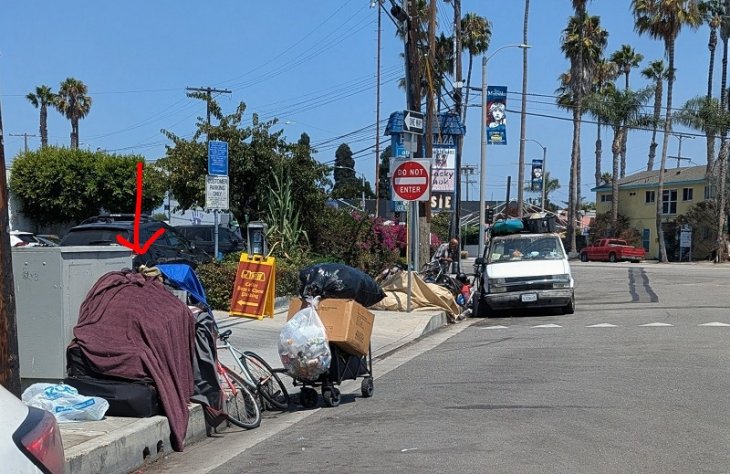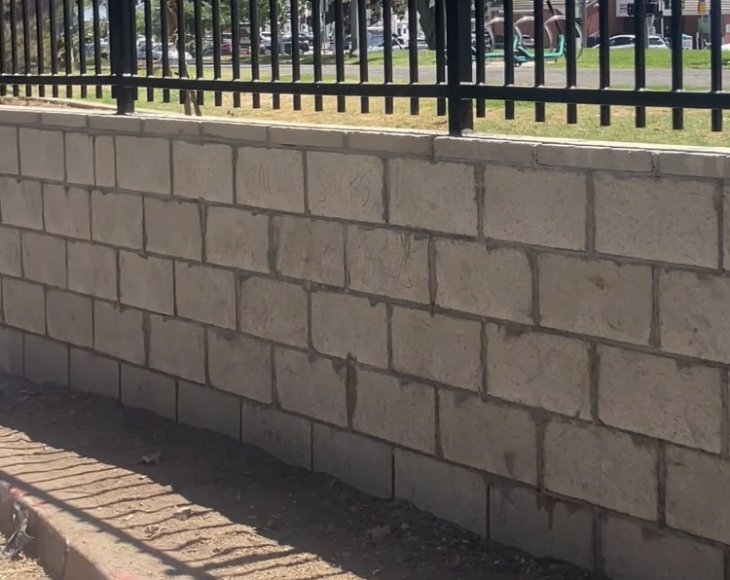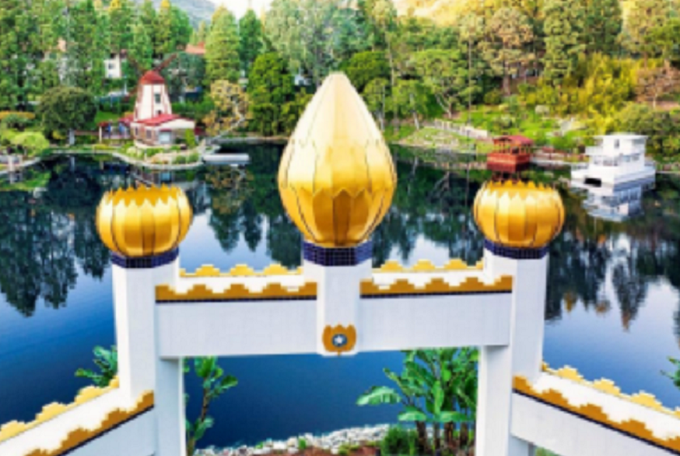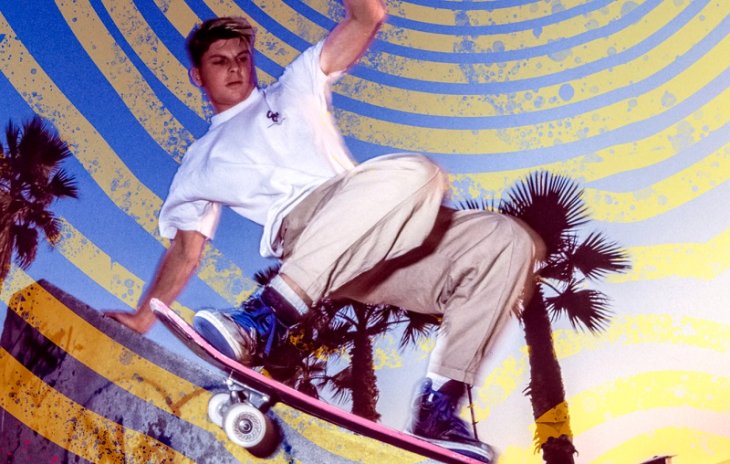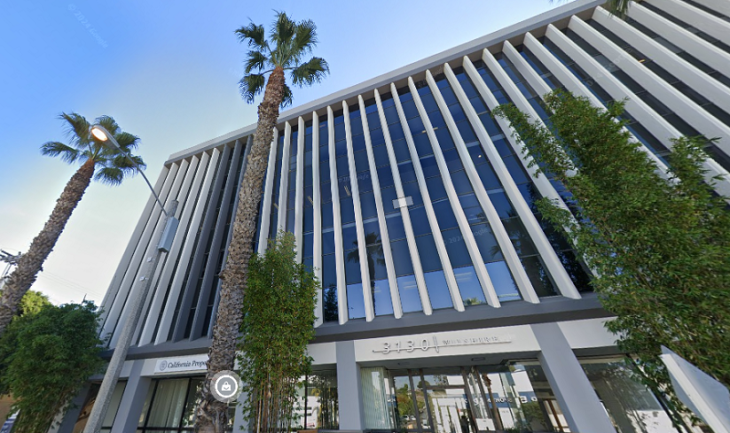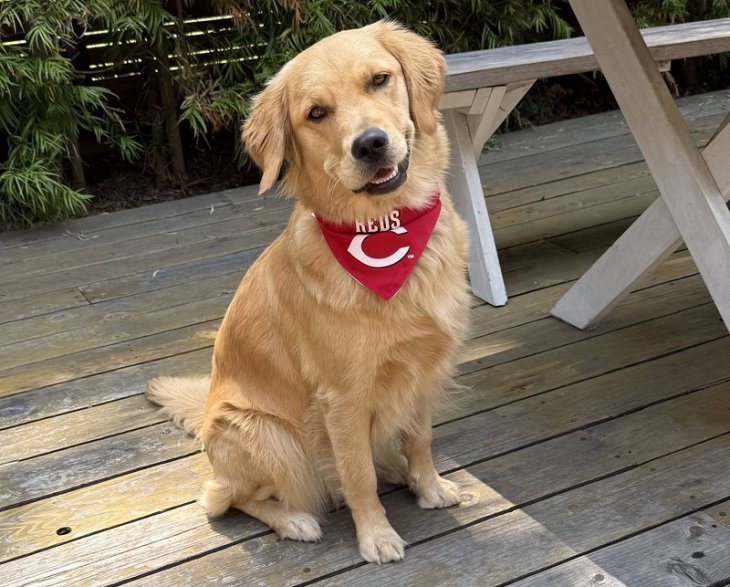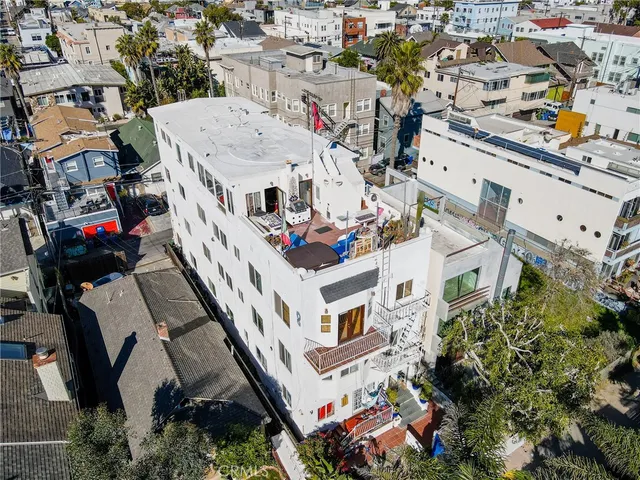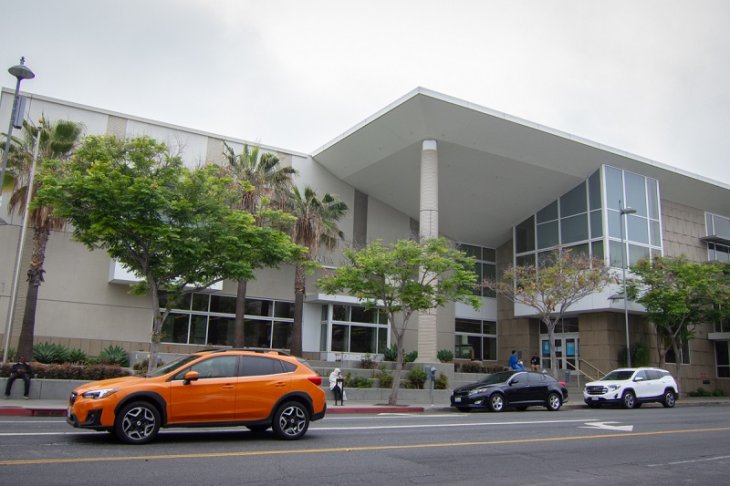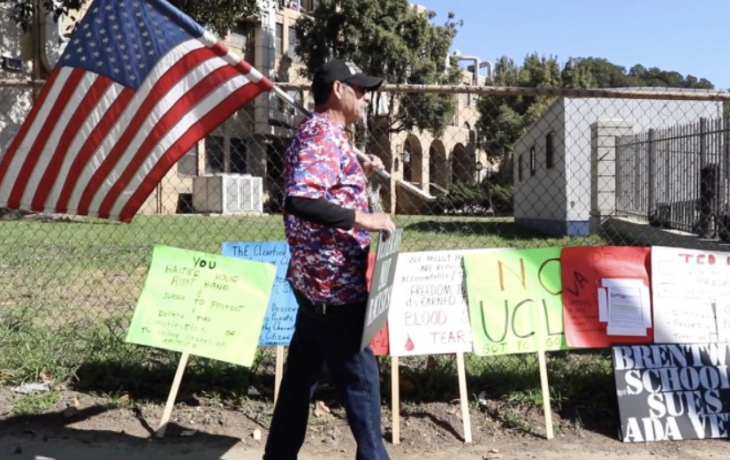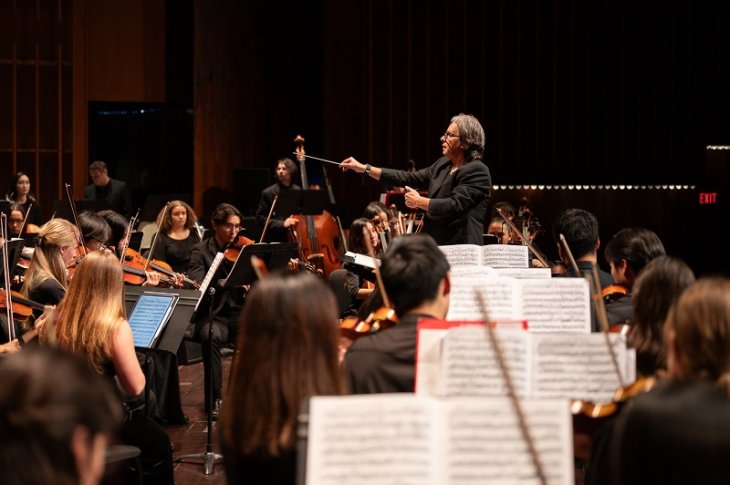Horio will receive $500 in grant funds from the VJAMM Committee to assist with his participation in the 54th Annual Manzanar Pilgrimage
The Venice Japanese American Memorial Monument (VJAMM) Committee and the Manzanar Committee has proudly announced Ryan Horio of UCLA as the winner of the Third Annual Arnold Maeda Manzanar Pilgrimage Grant. In his winning essay, Horio linked the history of his grandmother—who was six years old when incarcerated at Manzanar—to that of Arnold Maeda, who was fifteen years old when imprisoned at Manzanar. He will receive $500 in grant funds from the VJAMM Committee to assist with his participation in the 54th Annual Manzanar Pilgrimage weekend and help with preparations for both the Pilgrimage and Manzanar After Dark, taking place on Saturday, April 29, 2023.
Horio, a sophomore at UCLA, enrolled in an elective called “Japanese Americans and Incarceration,” never expecting to be captivated by his own family history. Growing up in a household that didn’t discuss the incarceration experience of his Issei grandparents and Nisei parents, he was curious to learn more. For his class project, he created a 25-minute documentary film entitled “Executive Order 9066: Internment, Injustice, and Intergenerational Trauma.”
Horio interviewed his grandmother Toshiko “Alice” Matsunaga—born in Galt, California and married to Seiji Horio, a Japan-born gardener in the San Fernando Valley who eventually became president of the Southern California Gardeners’ Association. The couple had three children, one of whom is Horio’s father—a Yonsei Japanese American. His mother is ethnically Chinese and was raised in Vietnam. Through conversations with his paternal grandmother, father, uncle, and aunt about their experiences, Horio grew closer to understanding his Japanese American identity—something he had drifted away from after growing up in a predominantly Caucasian environment and even internalizing racist jokes aimed at him for being Asian.
Working on his documentary film further exposed him to how one generation’s trauma can be passed down to the next generation; something that resonated with Horio as he recognized that silence did not erase the trauma of camp experience for his six-year-old grandmother Toshiko or his father’s, uncle’s, or sister’s experiences either. Horio is determined not to remain silent, but to “use [his] voice to connect with . . . and engage with [others] about the incarceration camps and [their] lasting effects on the Japanese American community.” Horio wants to “speak up about the problems and issues [the Japanese American] community faces, and that others face, that we need to stand in solidarity against.” Horio wrote that he will “follow in Maeda’s footsteps to create lasting change within [his] community, and to become more of a witness to the unspoken lives of Japanese American incarcerees.”
Horio had already been involved in activism at the high school level when he co-founded “Knitting for a Cause” with other students and other high schools. With long hours of pandemic isolation, he began knitting beanies for his friends and wondered if he could extend support to those hardest-hit by COVID—frontline workers and the unhoused community. Through his initiative, Horio’s team donated over 2,500 beanies, blankets, children’s masks, and cards while successfully raising 1,600 pounds of food.
At UCLA, Horio has joined the Nikkei Student Union and the Kyodo Taiko team. He has shared his family’s stories with his colleagues, and considers “being in Kyodo Taiko . . . the backbone of [his] college experience, giving [him] lifelong friends and allowing [him] to explore . . . Japanese American culture with others who had similar and non-similar experiences . . .growing up.” Horio says, “It does feel nice to be understood by them, and they are my best friends. I have a greater appreciation for the Japanese American community as a whole through the opportunities I have gained through Kyodo [Taiko], and I hope to give back to this family for the rest of my three years here.”
Arnold Maeda, a founding member and inspiration to the Venice Japanese American Memorial Monument (VJAMM) Committee, was vocal in his quest for funding and support to construct and install the VJAMM on the northwest corner of Venice and Lincoln Boulevards in Venice. In April 2017, the VJAMM Committee dedicated the monument which commemorates the forced removal of some 1,000 persons of Japanese ancestry from Venice, Santa Monica, and Malibu from that very corner as well as their incarceration in the Manzanar concentration camp during World War II.
The first in-person VJAMM Commemoration since three years ago will take place on Thursday, April 20, 2023, from 11 a.m.-12 p.m. at the northwest corner of Venice and Lincoln. Warren Furutani, Bruce Embrey from Manzanar Committee and Horio Horio who is the 2023 Arnold Maeda Manzanar Pilgrimage Grant recipient will be among the guest speakers. Everyone is welcome to attend this event.
To learn more about Arnold Maeda Manzanar Pilgrimage Grant visit venicejamm.org, Facebook @VeniceJAMM or manzanarcommittee.org. The requirements for 2024 may differ slightly than those for 2023 but information regarding these changes will be released later on.


